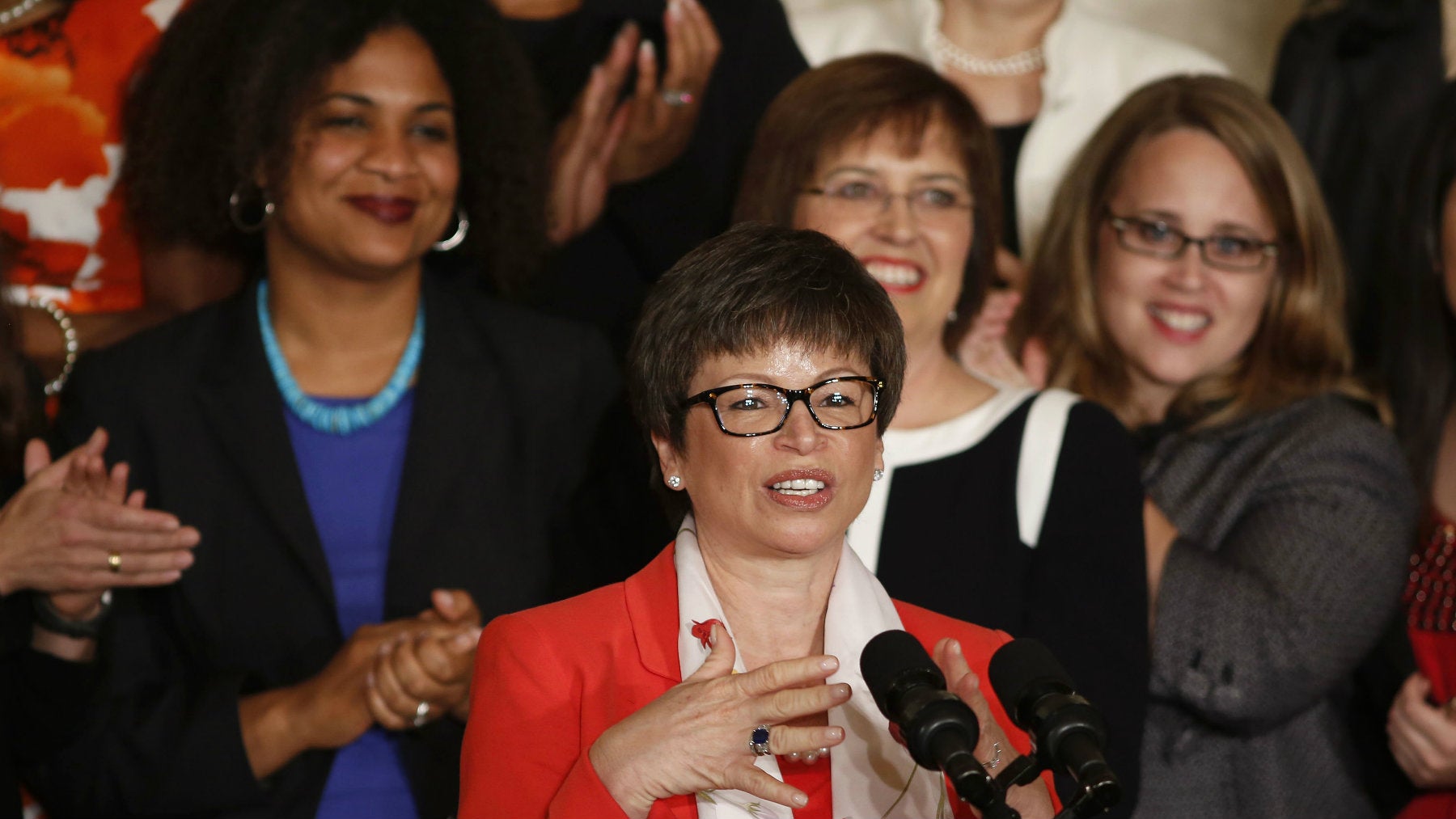The US Labor Department laid out how badly America needs #BlackWomenEqualPay
The conversation around the wage gap between women and men is usually carried at the broadest level: all women compared to all men.


The conversation around the wage gap between women and men is usually carried at the broadest level: all women compared to all men.
But yesterday a number of Twitter users started the hashtag #BlackWomenEqualPay to bring attention to the racial dynamics of those inequities.
The flurry of tweets, led by the Atlanta Women for Equality, started at 2:07 pm EST. Why at that time exactly? That’s about two-thirds of the traditional 9-5 work day. In other words, it’s when black women would clock out in order to make their current level of pay if there was no wage gap between them and white men.
To drive home the point, the Department of Labor even provided a handy factsheet (pdf).
For starters, there’s the wage gap itself. Black women make less than other women and black men. The disparity gets much worse with white men.
[If you notice a difference between how 2:07 pm was calculated and the DOL statistics, it’s because the Labor Department’s number is based on median annual earnings, while Atlanta Women for Equality used hourly figures.]
But those smaller paychecks are not for lack of effort. Black women have had a higher labor force participation rate than their female peers every month since the government began tracking the stat in 1972.
And though the gap between what black women earn and all women earn has closed, it remains significant.
A point frequently brought up to explain wage disparities is that women tend to work in different fields than men. That pattern continues among women, with black women more likely to be in lower-paying service jobs than management and professional jobs that have higher pay.
It’s truly a shame, because black mothers are more likely to be in the workforce than other mothers and to be their families’ sole breadwinner.
That means the effects of this inequality will fall on the families of these black women and likely subsequent generations.